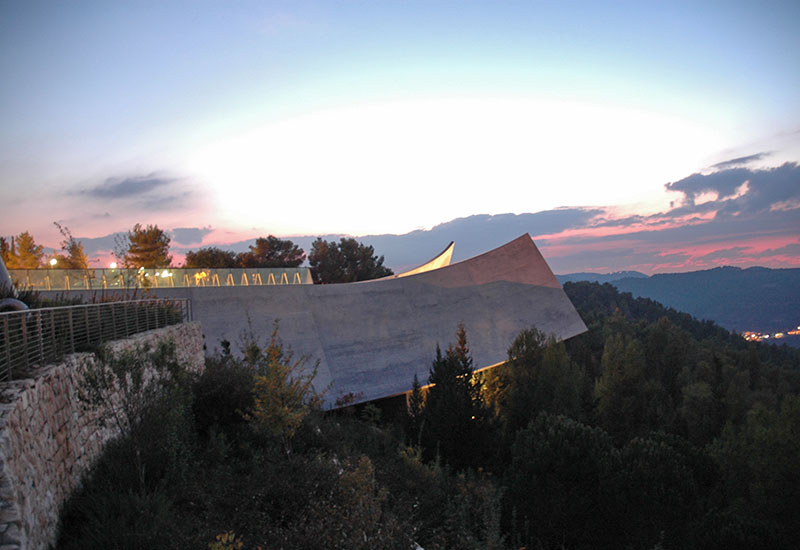Dear Readers,
“The future historian will have to dedicate a page to the Jewish woman in the war. She will fill an important page in Jewish history for her courage and resilience. Thanks to her, thousands of families managed to survive the horror of those days...”
Emanuel Ringelblum, June 1942
The reality of World War II and the Holocaust forced women to cope with new, unforeseen circumstances and fundamental dilemmas, compelling them to make difficult and often fateful decisions. They did their best to protect their families, to obtain food, to find work, and to defend their children—sometimes even paying the unbearable price of separation. Women took on a number of roles at that time: they ran public soup kitchens and children’s dorms, they worked as teachers and caretakers, as doctors and nurses, and they even joined partisan groups and underground resistance movements.
The current issue provides a platform for the unique voice of women during the Holocaust: a review of a gender studies approach to the female experience in the Holocaust; a discussion of the exciting lives of Lena Küchler-Silberman and Rachel Auerbach, and their rescue and relief efforts during the Holocaust; and an account of the female inmates of the death-camps Ravensbrück and Auschwitz-Birkenau.
The Editorial staff
Spring Issue 2017
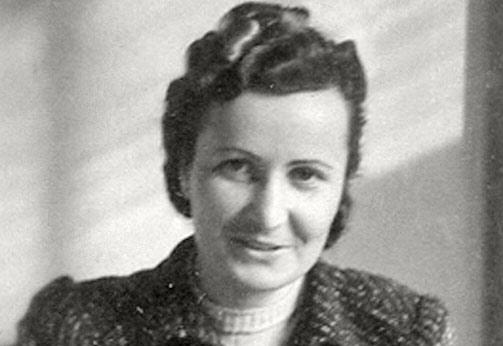
Holocaust Hero: Lena Küchler-Silberman
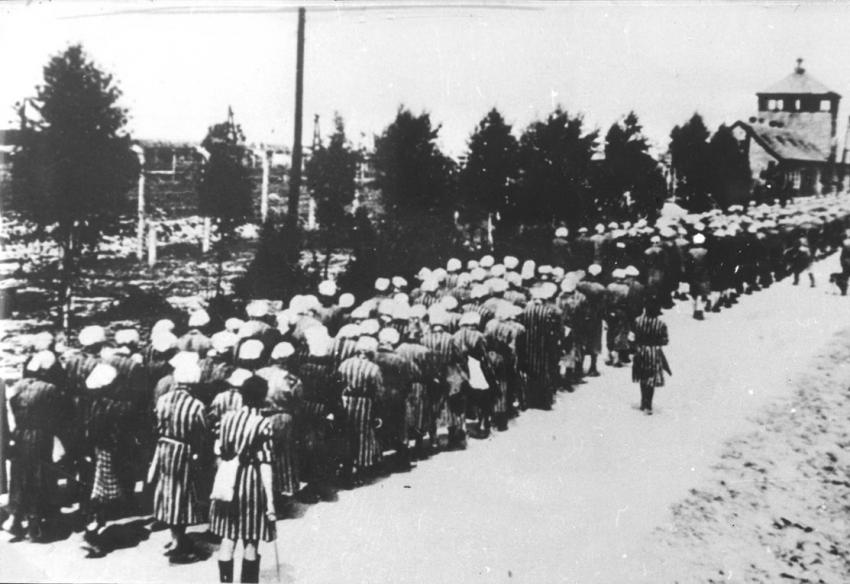
The Prisoners of the Women’s Concentration Camp, Ravensbrück
Gates will be opened wide and the great, the free world will embrace us.
And then we concentration camp inmates will walk on wide streets.
But the others are waiting for us.
And whoever sees us, sees the deep lines written on our faces by the suffering,
Sees the signs of our mental and bodily torture, which will stay with us forever.
And whoever sees us will see the rage flashing bright from our eyes,
Sees the rejoicing in freedom deeply imbedded in our hearts.
And then we march in rows, the...
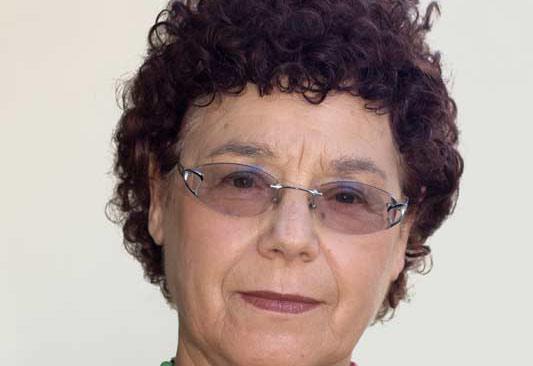
Interview with Professor Dalia Ofer, Institute of Contemporary Jewry, The Hebrew University of Jerusalem
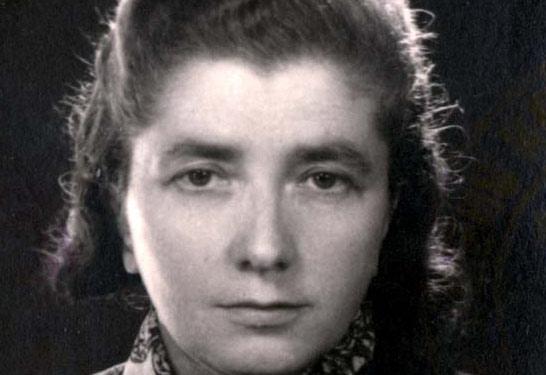
Rachel Auerbach and the Soup Kitchen in the Warsaw Ghetto - A Learning Environment
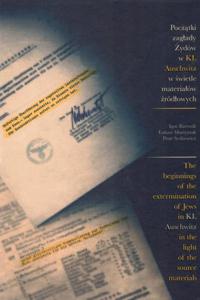
The Origins of the Birkenau Camp in Light of the Source Materials - Igor Bartosik, Lukasz Martyniak and Piotr Setkiewicz
The Origins of the Birkenau Camp in Light of the Source Materials
Oświęcim: Auschwitz-Birkenau State Museum, 2017
ISBN: 978-83-7704-201-4 Many iconic images surface when thinking about Auschwitz-Birkenau, particularly the infamous Arbeit Macht Frei sign, as well as the guard towers, railway tracks, former prisoner barracks, barbed wire fences and more. These images are often etched in people’s minds, whether they have visited the grounds of this Holocaust-related authentic site or not.This new dual Polish-English publication...




